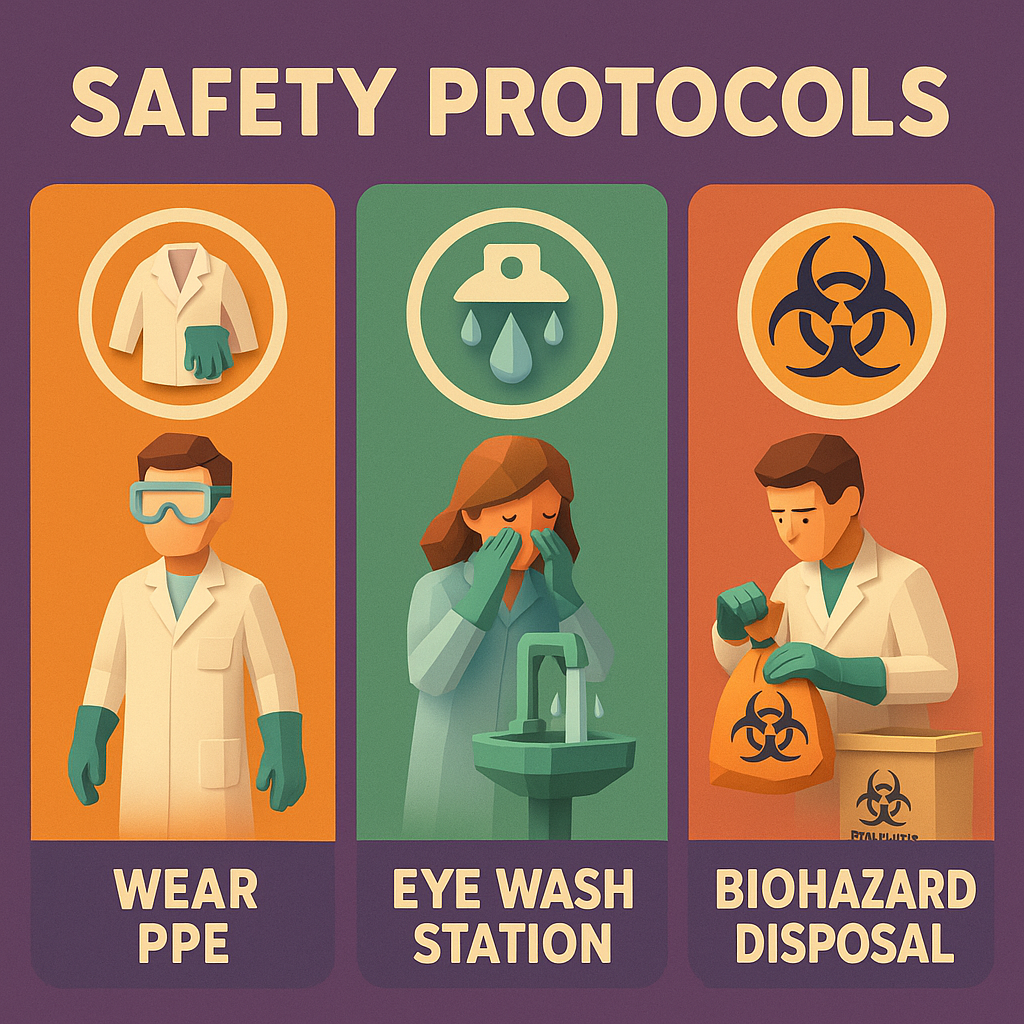Safety
Definition
The term "safety" refers to the condition of being protected from harm, danger, or risk, ensuring security and well-being.
Parts of Speech
- Noun
Pronunciation
American English
- IPA Pronunciation: /ˈseɪf.ti/
- Respelling: SAYF-tee
British English
- IPA Pronunciation: /ˈseɪf.ti/
- Respelling: SAYF-tee
Etymology
The word "safety" originates from the Old French "saufte," meaning "safety or salvation," which derives from the Latin "salvitas," rooted in "salvus," meaning "safe." It entered Middle English in the 14th century.
Derivatives
- Safeguard (noun/verb)
- Safe (adjective/noun)
- Safeness (noun)
- Safety-first (adjective)
- Safety-net (noun)
Synonyms
- Security
- Protection
- Well-being
Antonyms
- Danger
- Risk
- Hazard
Usage
The term "safety" is widely used in contexts related to physical protection, health, and risk prevention. For example, "Wearing a helmet ensures your safety while cycling," or "The company prioritizes workplace safety for its employees."
Related Terms
- Security: Protection from threats or harm.
- Prevention: Measures taken to reduce risk.
- Protection: The act of shielding from harm.
Detailed Definitions
Noun
- The condition of being free from harm or danger: Refers to a state in which people, objects, or environments are protected from physical, emotional, or financial harm, ensuring stability and peace of mind.
- Example: "The safety of the passengers is the pilot's top priority."
- Measures or practices implemented to prevent accidents or harm: Describes actions, rules, or systems designed to reduce the likelihood of injury, damage, or danger in various settings.
- Example: "Safety protocols must be followed in the laboratory."
- A device or mechanism designed to prevent accidents or protect users: Refers to physical tools or built-in features intended to avoid hazardous outcomes or enhance secure operation.
- Example: "The safety on the firearm ensures it cannot be discharged accidentally."
safety



🇨🇳 Mandarin
- 安全 (Safety): Ānquán
- IPA: /an˥˥ t͡ɕʰyɛn˧˥/
- Respell: An-chuan
- 防护 (Protection, a kind of safety): Fánghù
- IPA: /faŋ˨˩˦ xu˧˥/
- Respell: Fang-hu
🇮🇳 Hindi
- सुरक्षा (Safety): Surakṣā
- IPA: /sʊrəkʃaː/
- Respell: Su-rak-shaa
- बचाव (Protection, a kind of safety): Bacāv
- IPA: /bət͡ʃaːʋ/
- Respell: Ba-chaav
🇪🇸 Spanish
- Seguridad (Safety): Seguridad
- IPA: /seɣuɾiˈðað/
- Respell: Se-gu-ri-dad
- Protección (Protection, a kind of safety): Protección
- IPA: /protekˈsjon/
- Respell: Pro-tek-sion
🇫🇷 French
- Sécurité (Safety): Sécurité
- IPA: /sekyʁite/
- Respell: Se-kyu-ri-te
- Protection (Protection, a kind of safety): Protection
- IPA: /pʁɔtɛksjɔ̃/
- Respell: Pro-tek-syon
🇸🇦 Modern Standard Arabic
- الأمان (Safety): Al-'amān
- IPA: /alʔamaːn/
- Respell: Al-a-maan
- الحماية (Protection, a kind of safety): Al-ḥimāyah
- IPA: /alħimaːja/
- Respell: Al-hi-ma-ya
🇧🇩 Bengali
- নিরাপত্তি (Safety): Nirāpattī
- IPA: /niɾapot̪i/
- Respell: Nir-a-potti
- সুরক্ষা (Protection, a kind of safety): Surakṣā
- IPA: /s̪urəkʃa/
- Respell: Su-rak-sha
🇷🇺 Russian
- Безопасность (Safety): Bezopasnost'
- IPA: /bʲɪzɐˈpasnəsʲtʲ/
- Respell: Be-zo-pas-nost
- Защита (Protection, a kind of safety): Zashchita
- IPA: /ˈzaʂɨtə/
- Respell: Za-shi-ta
🇵🇹 Portuguese
- Segurança (Safety): Segurança
- IPA: /sɨˈɣɐ̃sɐ/
- Respell: Se-gan-sa
- Proteção (Protection, a kind of safety): Proteção
- IPA: /pɾuˈtɛsɐ̃w/
- Respell: Pro-tesaun
🇮🇩 Indonesian
- Keamanan (Safety): Keamanan
- IPA: /kəamanan/
- Respell: Ke-aman-an
- Perlindungan (Protection, a kind of safety): Perlindungan
- IPA: /pərlinduŋan/
- Respell: Per-lin-dun-gan
🇩🇪 German
- Sicherheit (Safety): Sicherheit
- IPA: /ˈzɪçɐhaɪ̯t/
- Respell: Zicher-heit
- Schutz (Protection, a kind of safety): Schutz
- IPA: /ʃʊt͡s/
- Respell: Shuts
🇯🇵 Japanese
- 安全 (Safety): Anzen
- IPA: /a̠nzen/
- Respell: An-zen
- 保護 (Protection, a kind of safety): Hogo
- IPA: /ho̞ɡo̞/
- Respell: Ho-go
🇻🇳 Vietnamese
- An toàn (Safety): An toàn
- IPA: /ʔaːn˧˦ twaːn˧˧/
- Respell: An twan
- Bảo vệ (Protection, a kind of safety): Bảo vệ
- IPA: /ɓaːw˨˩ʔ ʋe˨˩ˀ/
- Respell: Bao ve
🇰🇷 Korean
- 안전 (Safety): Anjeon
- IPA: /and͡ʑʌn/
- Respell: An-jeon
- 보호 (Protection, a kind of safety): Boho
- IPA: /boho/
- Respell: Bo-ho
🇹🇷 Turkish
- Güvenlik (Safety): Güvenlik
- IPA: /ɟyvænlic/
- Respell: Gy-ven-lik
- Koruma (Protection, a kind of safety): Koruma
- IPA: /koɾuma/
- Respell: Ko-ru-ma
🇵🇰 Urdu
- حفاظت (Safety): Hifāzat
- IPA: /ɦɪfaːzət̪/
- Respell: Hi-fa-zat
- تحفظ (Protection, a kind of safety): Tahaffuz
- IPA: /t̪əɦəfːuz/
- Respell: Ta-haf-fuz





